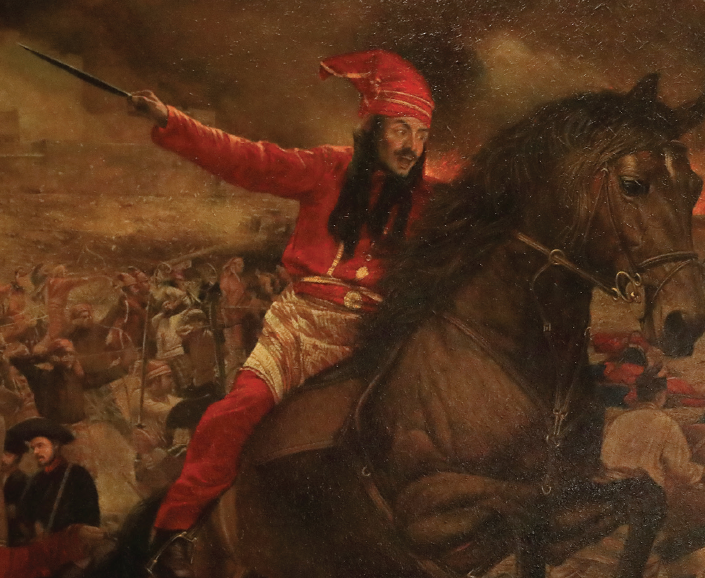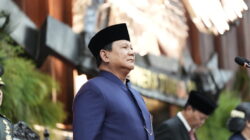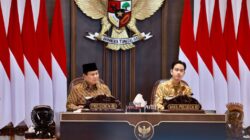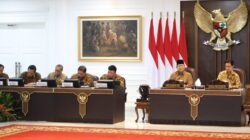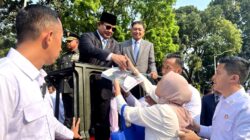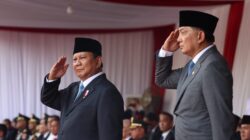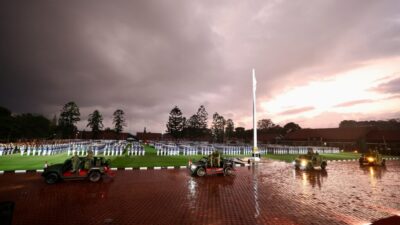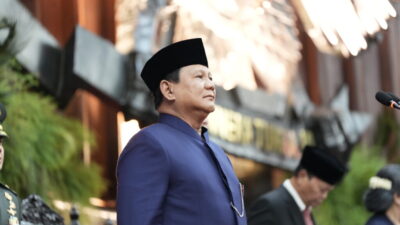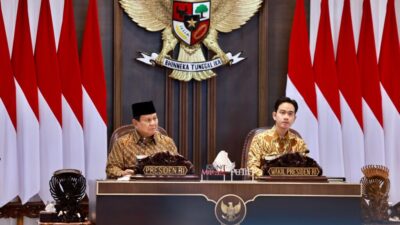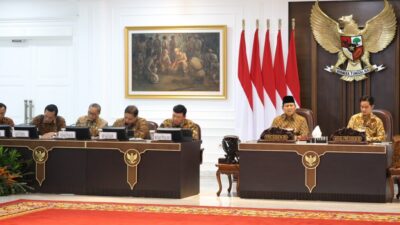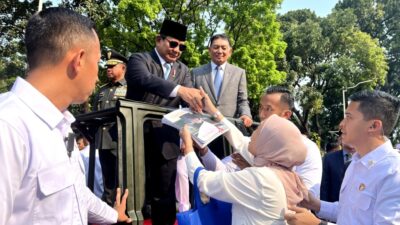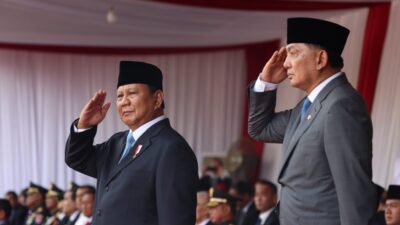By: Prabowo Subianto [taken from the Book: Military Leadership Notes from Experience Chapter I]
Throughout Indonesia’s history, there have been courageous leaders who fought against colonization and oppression. One such leader, Sultan Hasanuddin, from Eastern Indonesia, successfully resisted Dutch control of the Sultanate of Gowa by uniting small kingdoms against colonial invaders.
It is easy to forget the stories of our ancestors and lose sight of our own history and identity.
Sultan Hasanuddin, born in 1631 in Makassar, was known as the “Rooster of the East” for his bravery. From a young age, he showed leadership qualities and excelled in trade. His father, Sultan Malikussaid, groomed him in diplomacy and warfare, entrusting him with important responsibilities as an ambassador.
At the age of 21, Hasanuddin became Gowa’s minister of defence and later its King. He defied the Dutch by rejecting their trade monopolies and leading the resistance against their attempts to control Gowa.
Under Sultan Hasanuddin’s rule, Gowa flourished as a trading hub in Nusantara, attracting international traders like the Portuguese, English, and Danish. Despite facing Dutch aggression, Hasanuddin upheld his ancestors’ principles of using resources for the people’s prosperity.
A conflict ensued between Sultan Hasanuddin and the Dutch, leading to wars in South Sulawesi. The Bongaya treaty of 1667 favored the Dutch, imposing trade monopolies and war reparations on Gowa-Tallo, weakening their position.
Despite Sultan Hasanuddin’s continued resistance, the VOC’s dominance over Makassar persisted, ultimately leading to the collapse of Gowa-Tallo after his death in 1670.
